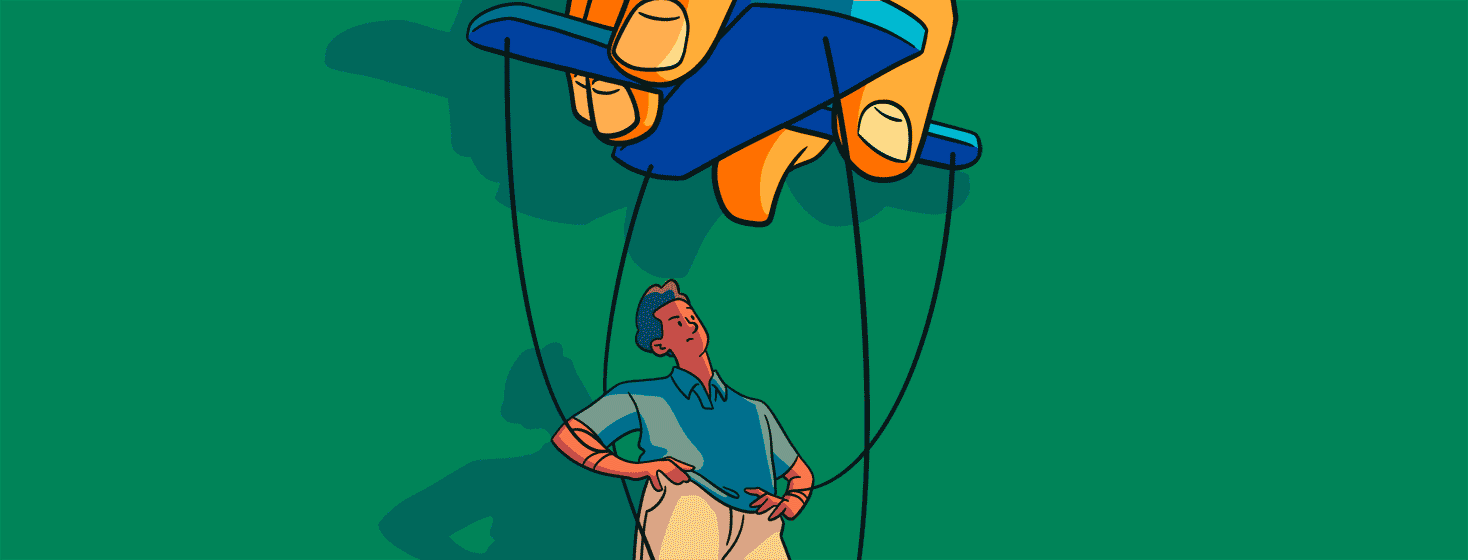Off Ambien and Into Life
This is an anonymized pseudo-case study of "Cassie" and her journey of weaning off of the sleeping medication Ambien® (zolpidem). It is pretty representative of the processes people go through when weaning off Ambien under a doctor's instructions. Anyone who has tried to do so knows that it's a much more complex process than just "cutting it in half."
Cassie's sleep troubles before Ambien
Cassie had enormous trouble falling asleep and had tried all the herbs, oils, hot baths, and over-the-counter supplements she could afford. She had done this for a few months before visiting her doctor. Cassie walked out of that doctor's appointment with Ambien, a potent sleeping medication.
For a little while, the relief was magical. Cassie wasn't aware the Ambien was for short-term use only, and her doctor kept refilling it for her. She assumed then that maybe she was broken and needed to take it indefinitely.
A slippery slope
At some point, Cassie realized she had to take more and more Ambien to have an effect. She was concerned about her boyfriend's comments about her weird behavior at night on these doses – which she needed to sleep. She became a different person, became verbally aggressive, ate strange things, and could never remember any of it.
Cassie decided to talk to her doctor about quitting Ambien. "Sure," the doctor said. "Just cut it in half and take that for a couple of weeks, then cut it in half again for a couple of weeks, and you'll be good to go!"
Tapering was more than a physical process
Cassie learned that it was much more complicated than this. She was afraid of reducing her dose, fearful she would not sleep. That fear meant she would be awake and alert (because our brains don't let us sleep if we feel threatened). Sleeping medication did not fix the fear part, so now Cassie had 2 hurdles: the physical tapering AND the emotional journey the tapering would take her on.
Of course, when Cassie first cut her dose and her brain was watching to see if she would sleep, she didn't. Cassie wondered then if she was broken because the insomnia wasn't fixed – it was still there. Feelings like this initially meant to Cassie, "I need this to sleep," and made it hard for her to progress.
Featured Forum
View all responsesA shift in thinking helped change everything
Someone asked Cassie once if there might be a part of her that was telling her she needed it to sleep – but that maybe this wasn't true.
Perhaps it was a voice that wanted things to be easy and to feel safe. Cassie reflected for a while and had a thought that said, "Not everything worth doing is going to be easy." And, "Nobody said it had to be comfortable." She had known this from her own experience doing various things in life – getting fit, losing weight, learning the guitar.
Cassie persisted with her taper despite the discomfort. With support, she learned not to believe these fearful thoughts and question any thought or feeling that she felt was trying to prevent her from moving forward.
Featured Forum
View all responsesShe chose to taper and work on that fear, letting it sit with her and slowly showing her brain that she would not react. Just because it said, "Jump!" did not mean she had to ask, "How high?" She asked instead, "Why do you think I should feel the need to jump, and is jumping going to move me closer to my goal or farther away?"
Sometimes, these fears were huge and felt real, but with practice, Cassie saw the fears for what they were.
Cassie persisted and learned she would be okay if she didn't sleep. She no longer thought she "needed" it and saw fear's role in her difficulty sleeping. Her fear was creating a self-fulfilling prophecy – she wouldn't sleep without Ambien, so she didn't. But that was not because of the medication – it was because of her arousal levels and fear.
Weaning off of Ambien
Human brains want us to keep safe and don't like change. They make us uncomfortable when we push ourselves. But by challenging herself, Cassie not only successfully tapered but also learned a lot about herself – her resilience in the face of discomfort, and her ability to do hard things. If she had refused to step outside her comfort zone, she would have remained whipped around by her fears and may not have had the opportunity to gain strength through the process.

Join the conversation